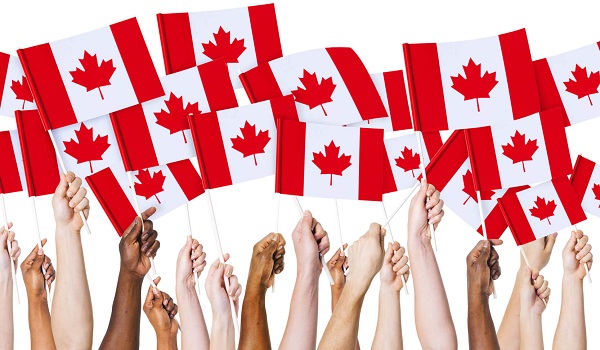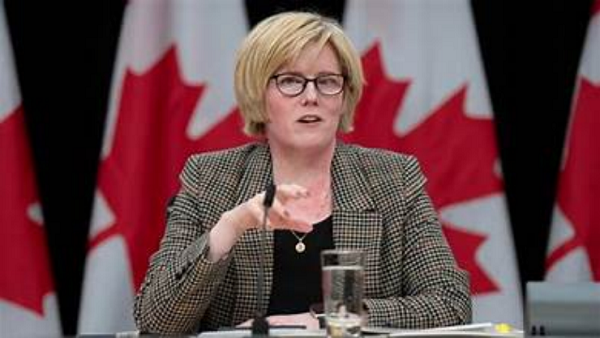Restriction on student visa to hurt economy, pose to have ‘marginal’ impact on housing price, experts warn
Experts warn that Canada’s new cap on international student visas raises social and economic concerns while having a potentially “marginal” impact on housing prices.
On Monday, the federal government announced a two-year cap on international student admissions that would see new study visas cut by 35 per cent in some provinces.
Canada had more than 1 million international study permit holders as of December. The office of Immigration Minister Marc Miller has said that some institutions are taking advantage of the high tuition rates international students pay, while offering a poor education and exacerbating the country’s housing crunch.
“Through the decisive measures announced today, we are striking the right balance for Canada and ensuring the integrity of our immigration system while setting students up for the success they hope for,” Miller said in a Monday news release on the announcement.
Economic consequences
International education brings $22 billion to the economy and supports more than 200,000 Canadian jobs, according to Miller’s office.
A drop in those dollar figures raises economic concerns for Desjardins economist Randall Bartlett.
Bartlett, senior director of Canadian economics at Desjardins, wrote in a recent report that closing the door to temporary residents, including international students, would deepen the recession and lower Canada’s gross domestic product, while an increase those numbers could help Canada avoid a recession altogether.
“When we look at the measures introduced today, which will significantly reduce the number of foreign students that receive study permits here in Canada, it looks to me like the federal government is making policy on the fly,” Bartlett told BNNBloomberg.ca in Monday phone interview.
“There are going to be some consequences when it comes to overall economic activity generated by foreign students coming to Canada, as well as the negative consequences for post-secondary institutions in Canada who have backfilled a lack of financial support from governments with tuitions from foreign students.”
Economist predicts ‘marginal’ house price impact
Bartlett believes the move will help cool some of inflation drivers, such as rent prices and consumer goods. But he predicted that housing price relief related to the policy change will be small, as other factors like high interest rates put pressure on the market.
“I think it’s going to be pretty marginal in terms of the impact on providing that relief on the cost of housing,” he said.
“Demand isn’t the only thing driving up rent prices right now. Interest rates are at the highest level they’ve been in a couple of decades and inflation back in 2022 was the highest in 40 years, so those high borrowing costs, high input costs, as well as strong demand are leading to higher rents.”
Family impacts
Sarom Rho, an organizer with Migrant Workers Alliance for Change, said the changes unfairly blame international students for Canada’s housing crisis and “cruelly” separate working-class families, as the cap also includes limits on family members of international students.
“It’s not right. It’s not cool,” she said. “Families deserve to be together. So we’re calling on the federal government to reverse this decision.”
Rho made the case that immigration is not to blame when it comes to Canada’s high housing prices, noting that home costs skyrocketed during the pandemic, when immigration was at its lowest.
Statistics Canada data show residential property prices climbed 6.3 per cent in 2020, compared to just 0.7 per cent in 2019. Canada only welcomed 184,500 new permanent residents that year, compared to 341,000 in 2019 and 401,000 in 2021.
“Immigrants and international students are being scapegoated,” Rho said.
“We as people are being told that we should be divided and distracted from who’s really responsible and that’s the failures of government policy and particularly runaway profiteering. There are a group of people and institutions and corporations in this country who are making a killing off of our shared precarity, and that’s not something that any of us want.”
BNNBloomberg.ca has reached out to the federal government for comment.
With files from The Canadian Press
This article was reported by BNN Bloomberg















